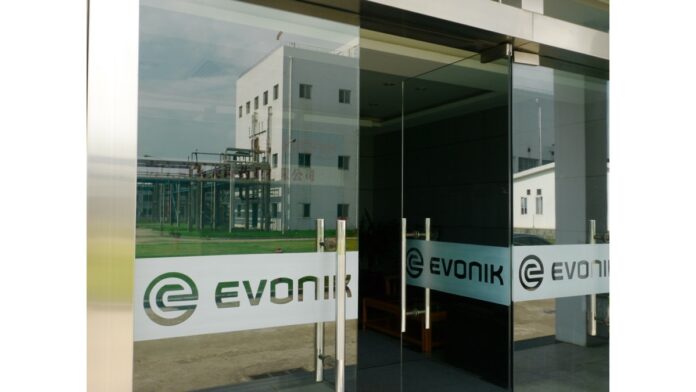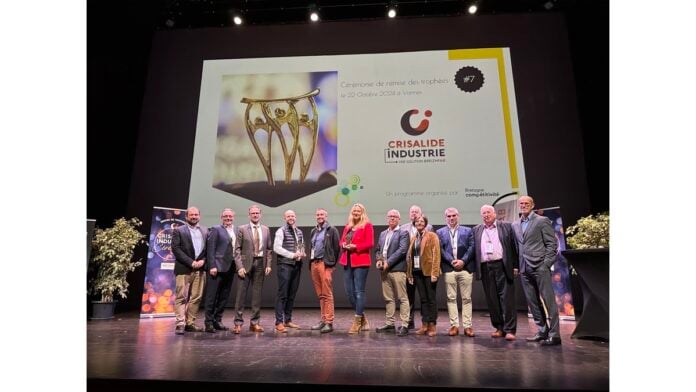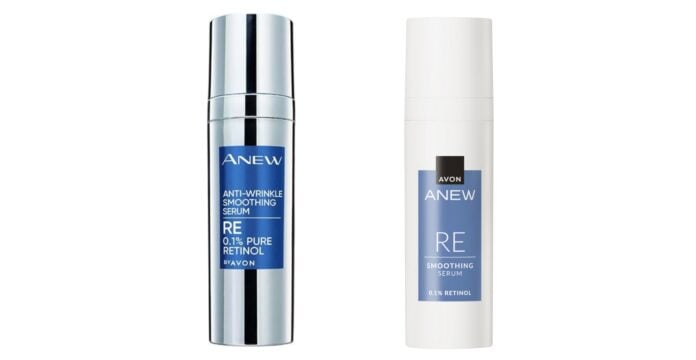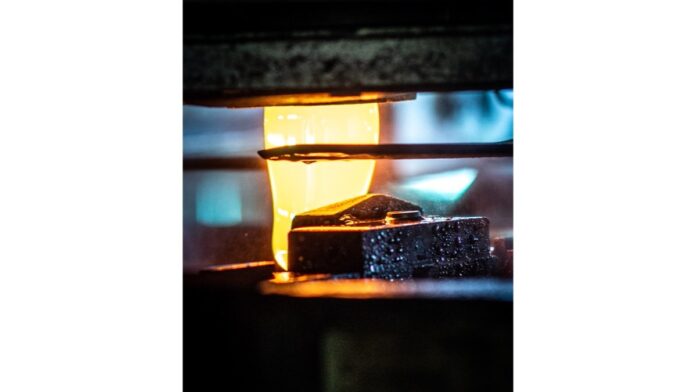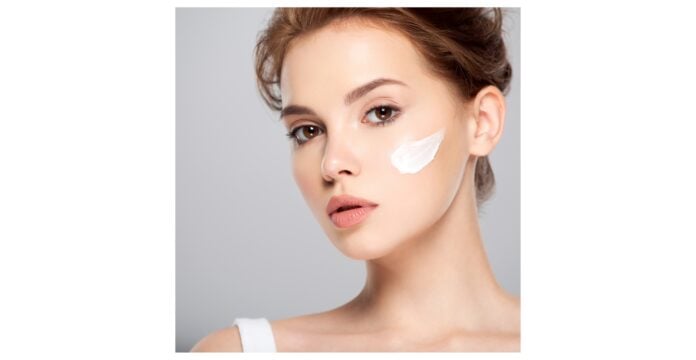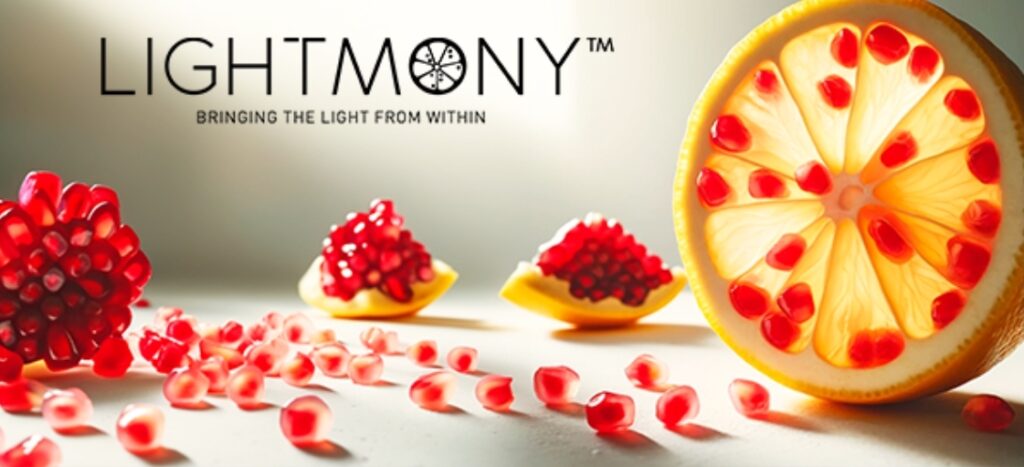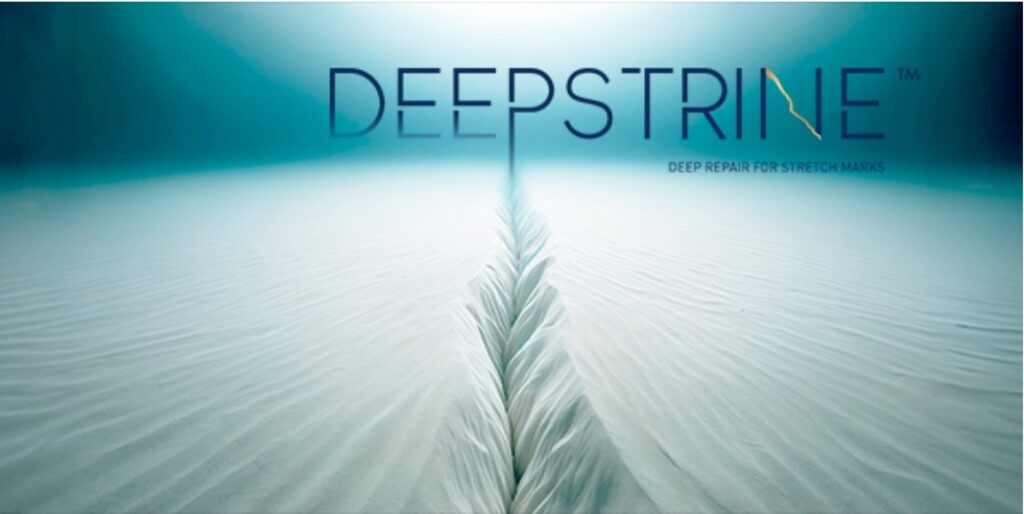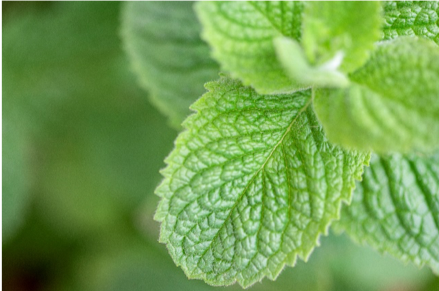Groupe Berkem, a leading player in plant-based chemistry, has announced the launch of Recellcl'in, a new active ingredient for oily, acne-prone skin.
"For this product launch, we have drawn on the power of polyphenols from the heart of passionflower, to turn a traditionally-used plant into an innovative cosmetic active ingredient. Passionflower has always been used to help with insomnia and anxiety. It has also been shown to have antioxidant effects. This plant is therefore the perfect candidate for the beauty axis that brings together these biological mechanisms: oily skin with a tendency to acne. This type of skin mainly affects women throughout their lives (adolescence, pre/post-pregnancy, menopause, etc.). The causes are diverse (genetics, dysbiosis of the microbiota, stress, etc.) and the impact on the emotional state is major. Groupe Berkem's R&D team has identified an innovative mechanism of action in this area. By reactivating autophagy, a cellular recycling process, Recellcl'in passionflower extract acts on sebo-regulation, bringing a mattifying effect and well-being. Passionflower is therefore the obvious conclusion of a scientific experiment that could be entitled: Revive the power of autophagy to rebalance oily skin.1 ", said Marlène De Matos, Head of Asset Development & R&D Innovation at Groupe Berkem.
Recellcl'in is obtained by extracting the aerial parts (stems, leaves and flowers) of Passiflora incarnata, The plants are organically grown and produced in France to ensure ethical and local sourcing.
The ingredient's innovative mechanism of action is based on reactivation of the sebocyte autophagy system, regulation of sebum production, prevention of sebum oxidation and a soothing effect.
According to Groupe Berkem, this new ingredient offers three beauty benefits: regulation of hyperseborrhea2It reduces skin shine and minimizes pore size. It can be incorporated into skin care products for oily and acne-prone skin, mattifying and sebum-regulating skin care products, or pore minimizers.3 ".
Recellcl'in was presented at In-Cosmetics Asia, held in Bangkok from November 5 to 7, 2024.
1. Revive the power of autophagy to rebalance oily skin.
2. Excess sebum, skin imbalance leading to acne.
3. Facial care to tighten pores.
Photo: hartono subagio / Pixabay





